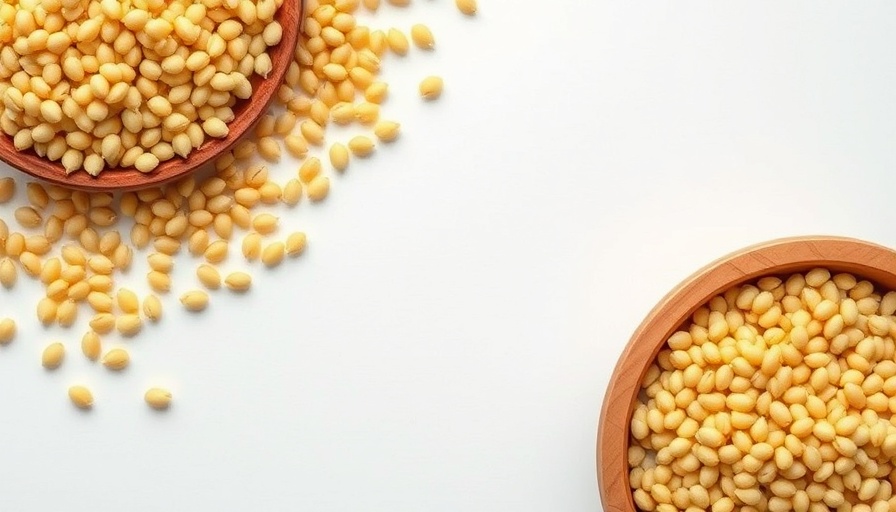
Millet: A Game Changer for Diabetes Management
In recent studies, millet has emerged as a surprising ally for individuals managing diabetes. Research involving hundreds of participants revealed that consuming about one and a third cups of millet daily can lead to significant improvements in blood sugar levels. But how does millet, a lesser-known grain, facilitate these positive changes?
Understanding Millet’s Unique Properties
Rich in resistant starch, millet resists digestion in the small intestine, which promotes healthy gut bacteria while slowing stomach emptying times. This characteristic means that millet releases sugars more slowly into the bloodstream compared to other grains like white rice and pasta, reducing those dreaded sugar spikes. For many, including people with diabetes, this slow release can offer better blood sugar stability.
Millet and Insulin Response
What’s truly remarkable is how millet influences insulin response. Studies show that participants required significantly less insulin to manage their blood sugar levels when consuming millet. In a clinical trial, prediabetic individuals who incorporated millet into their diet saw their fasting blood sugars return to normal within six weeks. Improving insulin sensitivity and lowering blood sugar levels are crucial steps toward reversing diabetes.
Positive Outcomes from Controlled Research
A crossover study focusing on an American Diabetes Association-type diet confirmed these benefits. Participants who added millet to their diet achieved a notable reduction in hemoglobin A1C levels—from an initial 8.37 to an average of 6.77—indicating improved long-term blood sugar control. The combination of millet with lentils offers not just a new grain choice but a holistic approach to dietary management in diabetes.
The Future of Millet in Diabetes Management
The implications of these findings could be profound. By integrating millet into daily meal planning, individuals managing diabetes may find not only better blood sugar control but also a greater variety of foods in their diets. As ongoing research continues to pave the way for innovative dietary solutions, millet stands out as a sustainable grain choice for a healthier future.
The growing evidence in favor of millet emphasizes the importance of diversifying our diets with nutrient-rich grains, aligning with holistic approaches to health and wellness. Remember, every small change in diet can have far-reaching benefits for managing conditions like diabetes.
 Add Row
Add Row  Add
Add 




 Add Row
Add Row  Add
Add 

Write A Comment